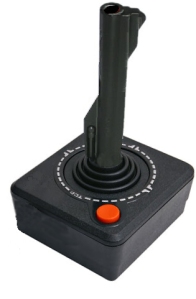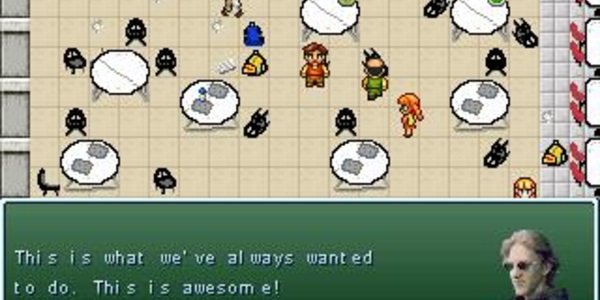It seems that one Danny Ledonne, creator of the ever tasteless Super Columbine Massacre RPG, is even down on V-Tech Rampage. He left the following comment at Game Politics…
Inevitably, comparisons between SCMRPG and VTech Rampage are being made right nowÂ? For myself I wish to point out that SCMRPG was never a for-profit endeavor and thus I never posted statements like that which is on the VTR game’s homepage:
I will take this game down from newgrounds if the donation amount reaches $1000 US, i’ll take it down from here if it reaches $2000 US, and i will apologize if it reaches $3000 US.
This quote seems to indicate that Ryan has no intention of leaving the game up permanently or having a channel for discourse (as I have done) but instead has unfortunately chosen an artist’s statement that reads more like a hostage note
I would like to ask bloggers to consider not whether a game about the Virginia Tech shooting SHOULD be made but how we might go about making a game that accomplishes more than VTR does with the subject matter.
Wow, when you’re being talked down to by the original tasteless homemade game designer, you must have something wrong with you.
And to answer your question, Danny, a game about Virginia Tech should not be made. Just like there shouldn’t have been one made about Columbine.

